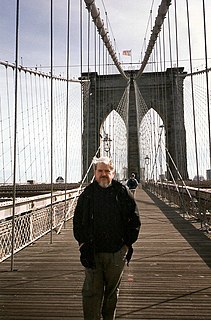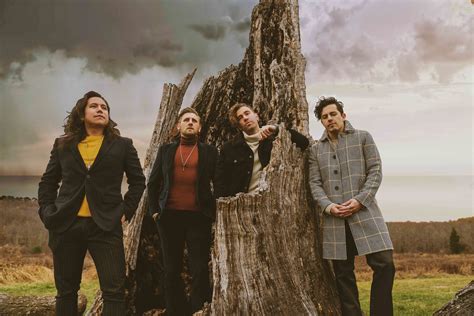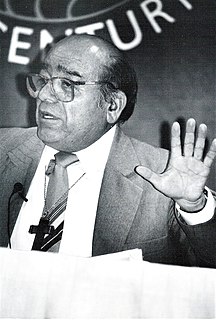A Quote by William Irwin Thompson
The teacher of history's work should be, ideally, not simply a description of past cultures, but a performance of the culture in which we live and are increasingly taking our being.
Related Quotes
The word of God is definitely above culture, in terms of what or who should have authority in our lives. However, we must remember that we are within culture, and our calling in Christ is to play our part in the redemption and transformation of individuals and cultures. I believe the recent history of the religious subculture teaches all too clearly that unless we are moving forward in seeking the genuine transformation of culture, then we are standing still and it is transforming us.
In a time of infirmity, the illness IS one's work. Taking care of all the disciplines that our health problems require IS the other part of the small daily fidelity to which we are called, beside the faithfulness of being attentive to God. We can be well simply by our diligence in being who we are at the moment.
In a modern world, increasingly filled with pop culture fads and gimmicks, Lisa Morton reveals much of the underbelly history and unknown facts regarding the biggest pop culture event in history-Halloween. Her sheer delight and well-researched enthusiasm in tackling many of the unrecognized aspects of this monstrous topic makes one wonder what we don't know about everything else that should be as commonplace to our psyche as a bag of candy.
A first grader should understand that her or his culture isn't a rational invention; that there are thousands of other cultures and they all work pretty well; that all cultures function on faith rather than truth; that there are lots of alternatives to our own society...Cultural relativity is defensible, attractive. It's a source of hope. It means we don't have to continue this way if we don't like it.
I think fashion is probably one of the most accessible and immediate forms of visual culture. In 1978, when I realized that I wanted to work on fashion, I had gone to Yale to get my Ph.D. in European cultural history. I suddenly realized fashion's part of culture, and I can do fashion history. All my professors thought this was a really bad idea, that fashion was frivolous and unimportant. And, increasingly over time, people have recognized that it provides such a mirror to the way we think, our values and attitudes.
The indigenous peoples understand that they have to recover their cultural identity, or to live it if they have already recovered it. They also understand that this is not a favor or a concession, but simply their natural right to be recognized as belonging to a culture that is distinct from the Western culture, a culture in which they have to live their own faith.
In a city like London, the fact that cultures live together and cross-fertilize is a beautiful and natural thing. The many cultures in Amsterdam contribute to the city's high level of craziness - something which every interesting city should offer. But sometimes immigrants can live in parallel worlds which can exclude others and not be very attractive.
'Environment' is not an abstract concern, or simply a matter of aesthetics, or of personal taste - although it can and should involve these as well. Man is shaped to a great extent by his surroundings. Our physical nature, our mental health, our culture and institutions, our opportunities for challenge and fulfillment, our very survival - all of these are directly related to and affected by the environment in which we live. They depend upon the continued healthy functioning of the natural systems of the Earth.
I am seized with an abiding fear regarding what these two instruments are doing to our society, our culture and our heritage. Our history will be what we make it. And if there are any historians about fifty or a hundred years from now, and there should be preserved the kinescopes for one week of all three networks, they will there find recorded in black and white, or color, evidence of decadence, escapism and insulation from the realities of the world in which we live.
The history of the genocide perpetrated during the Second World War does not belong to the past only. It is a ‘living history’ that concerns us all, regardless of our background, culture, or religion. Other genocides have occurred after the Holocaust, on several continents. How can we draw better lessons from the past?
If you cannot make moving pictures about yourself, your country and your culture, it's as if you do not exist anymore in this world of images we live in. Because now when we all switch on our smartphones or our iPads or our computers, it's all image and sound. All people and cultures must work to secure their place in the digital space. Cinema is also political in this way.









































